Investing in Resilient, Smart and Net-Zero Systems
Join the GEO Forum – where vision meets action.
The GEO Forum is a platform dedicated to exploring practical pathways and tangible opportunities for a sustainable future, with a strong focus on networking, knowledge exchange, and actionable strategies for a fair and accelerated transition towards a green and digital society.
The Forum brings together key actors from across Europe – from Southeast Europe to the North Sea and the Baltic – with the goal of strengthening cooperation and implementing innovative solutions in diverse regional contexts and at various levels of development.
This forum is unique because it brings together key stakeholders from different countries and sectors to collaborate on a concrete Zero Emission Corridor (ZEC) project — turning shared goals into actionable investments with strong financial backing and strategic partnerships.
The working language is English.
The list of confirmed speakers will be available soon.
Stay tuned for updates on leading experts, policymakers, innovators, and investors joining the GEO Forum.

Programme
Investing in Resilient, Smart and Net-Zero Systems
A roundtable on building resilient, inclusive, and energy-efficient systems – what kind of society and technologies do we need to achieve climate neutrality by 2050?
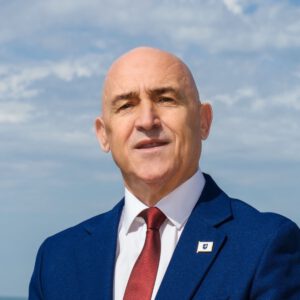
the Mayor of Novalja, Croatia

VhU Hessen, Germany
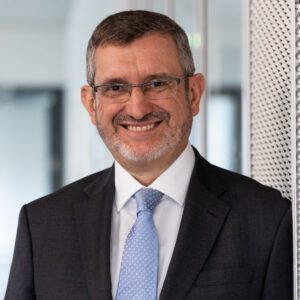
House of Energy e.V., Germany

the Mayor of Vinkovci, Croatia

Siemens Energy, Germany
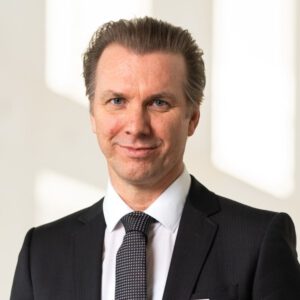
ELES, Slovenia
A roundtable focused on ready-to-implement solutions in green energy production, storage, and smart management – highlighting scalable models and the role of local communities in accelerating deployment.
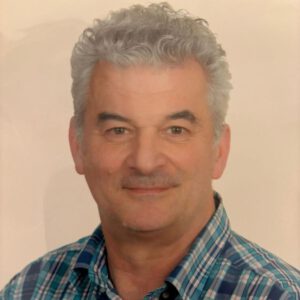
Leonitus, Croatia
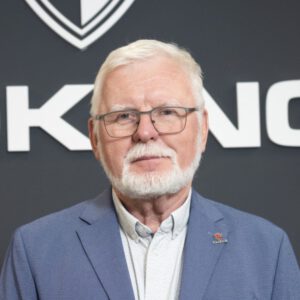
DOK ING Energo, Croatia

ECCOS, Croatia
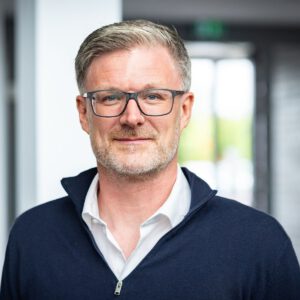
energenta ersatzbrennstoffe GmbH, Germany

INFENER AG, Germany

Končar, Croatia

BHYO GmbH, Germany

Energyminer GmbH, Germany

STOFF2 GmbH, Germany

BPT, Slovenia
A panel discussion with financiers and experts on what makes green and digital projects financially viable, how to overcome common barriers, and how to secure funding – from EU programmes to private investments – for communities and entrepreneurs.
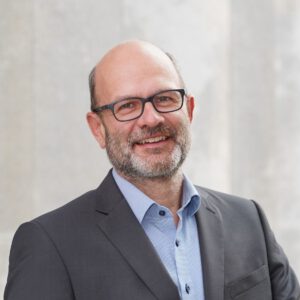
State of Hessen, Germany
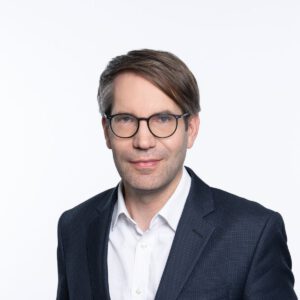
Crédit Agricole Corporate and Investment Bank, Germany

DZ BANK AG, Germany

Global Institute of Leadership and Technology (GILT), Germany
We proudly collaborate with key partners and supporters.
The list of sponsors and partners will be continuously updated.

Concept
A Zero Emission Corridor is a designated transport route (road, maritime, rail, inland waterway) focused on enabling and accelerating the use of zero-emission vehicles (ZEVs), including electric and hydrogen-powered trucks, ships, trains, and barges.
Main Objectives
Key Elements
Vision & Hydrogen Energy
Pilot Project: City of Novalja
Benefits
Financing and CEF Call
Funding & Support
Investing in Resilient, Smart and Net-Zero Systems
